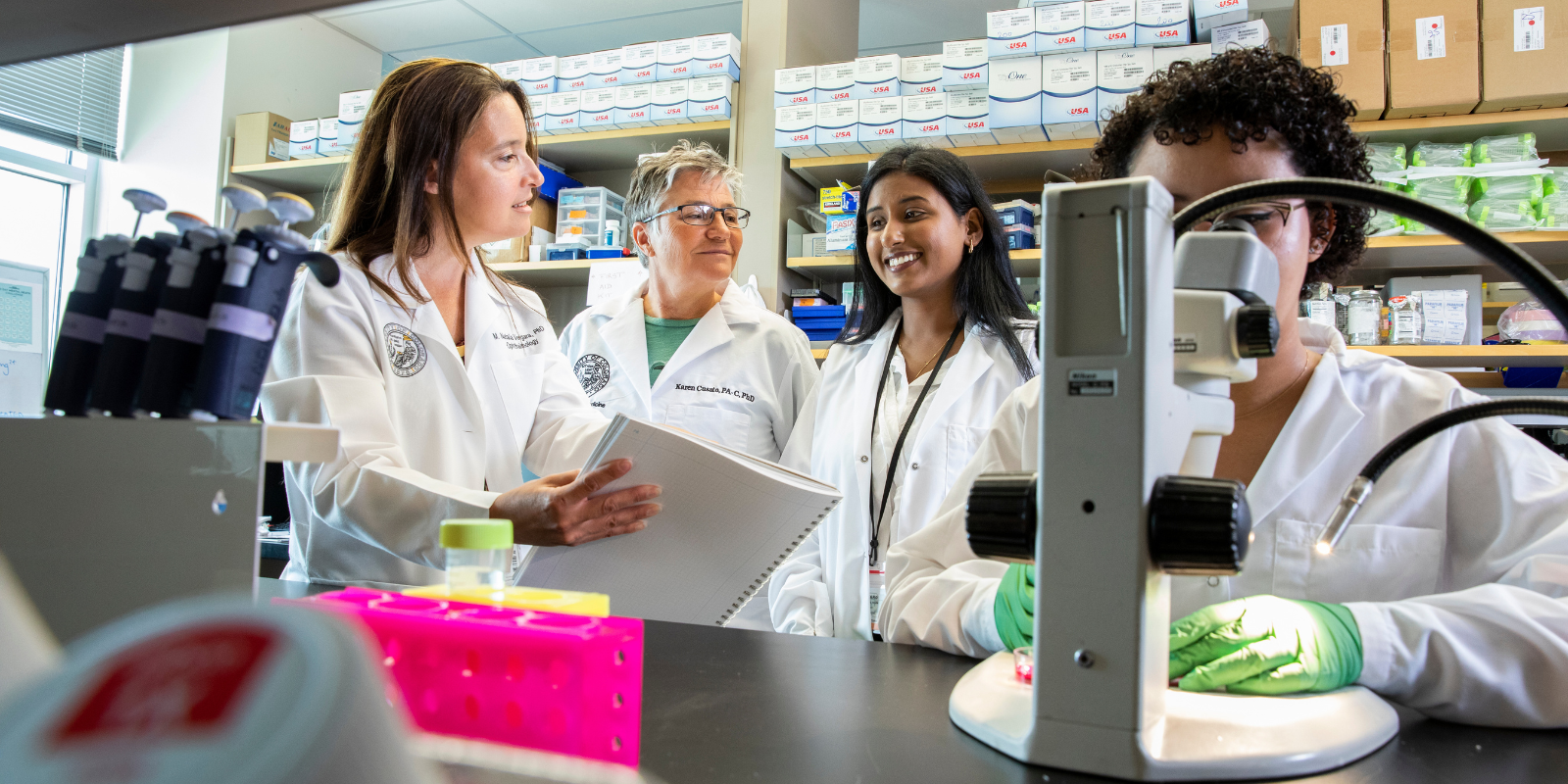Hormone fluctuations can influence and impact health in a variety of ways, especially ocular health and vision.
This might manifest in thyroid related orbital disease, which Sophie Liao, MD, Robert H. Bell Endowed Chair and associate professor in the Department of Ophthalmology at the University of Colorado School of Medicine, says can outnumber women to men by as much as 5 to 1.
While it’s not abundantly clear why sex hormones play such a heightened role in autoimmune diseases that affect eyes and vision, Liao explains it’s important to seek out appropriate care from an ophthalmologist when necessary.
Some hormones — typically described as messengers that travel the body through the bloodstream — can exacerbate dry eye symptoms, which potentially impact up to about 15% of the U.S. population. Estrogen and progesterone help to regulate the eyes’ oil glands and keep tears from evaporating and drying out the ocular surface.
In other instances, thyroid hormones can affect muscles around the eye, potentially impacting the optic nerve and vision.
Liao, who is also associate chief medical officer of ambulatory services for UCHealth University of Colorado Hospital, explains more ways hormones interact with vision and eye health and when to seek treatment from an ophthalmologist.




.png)
